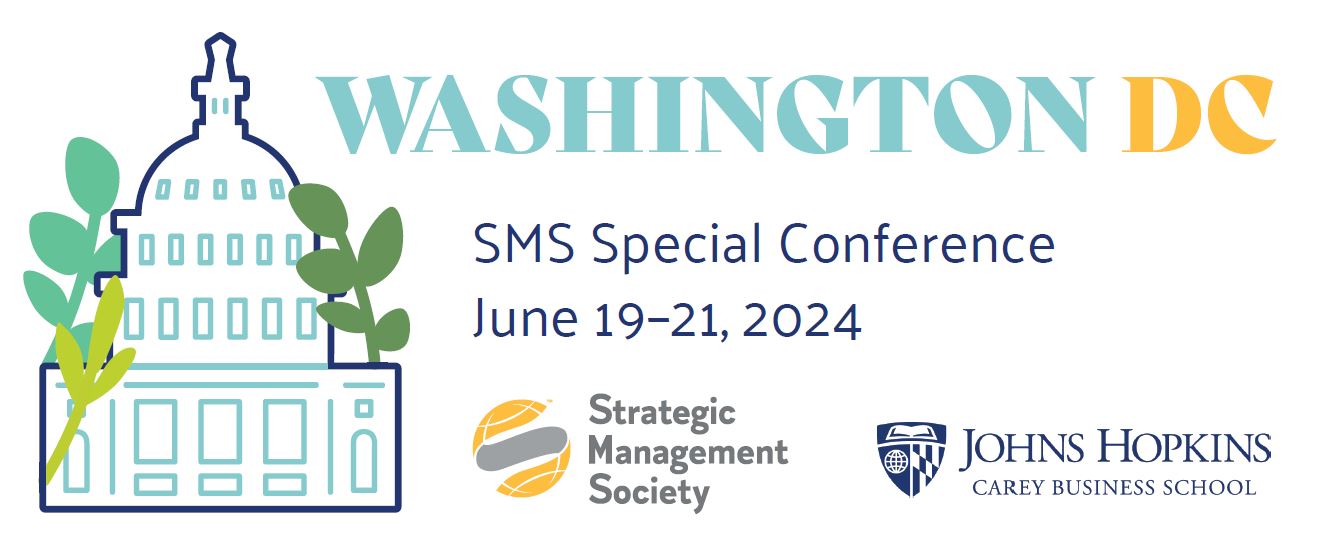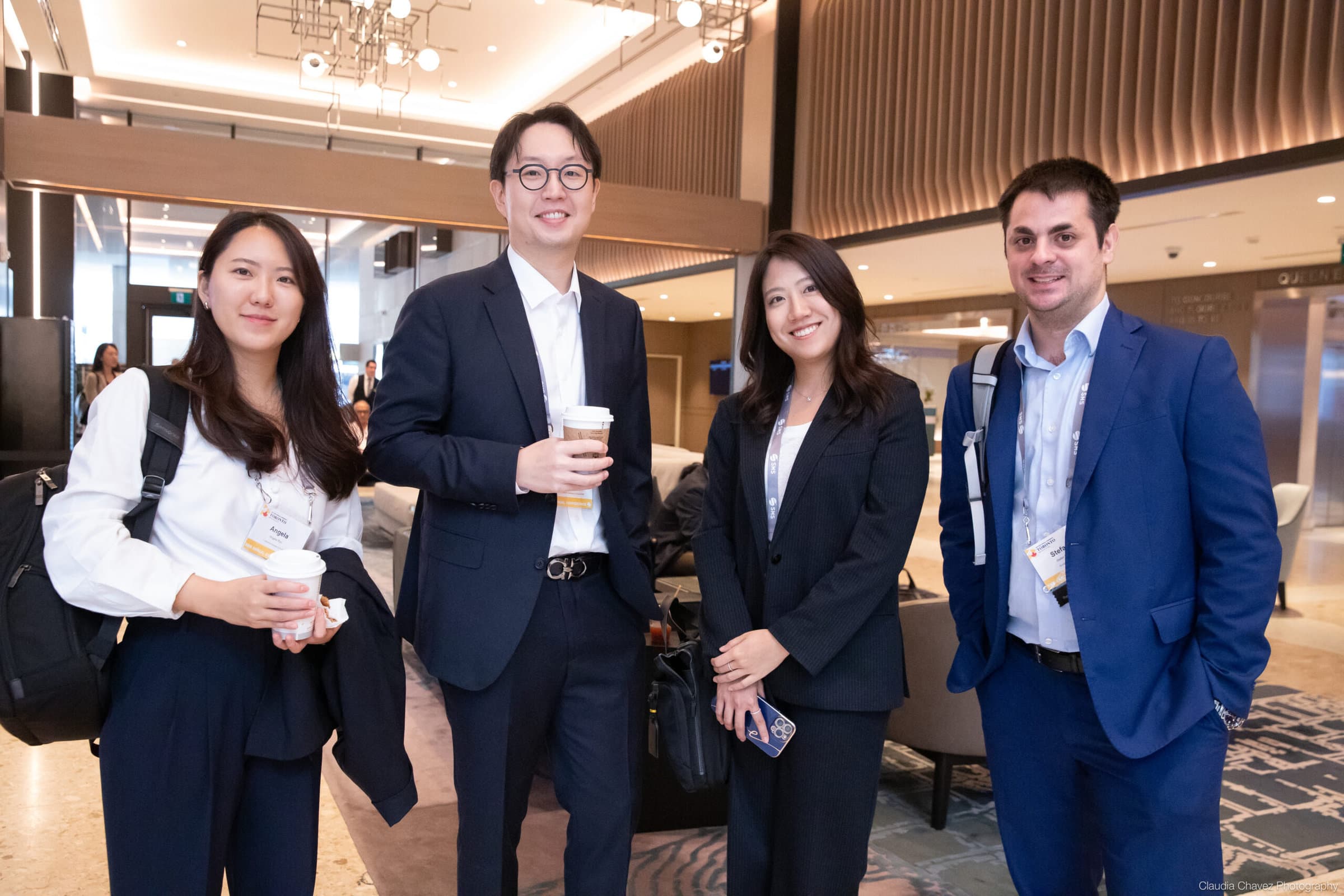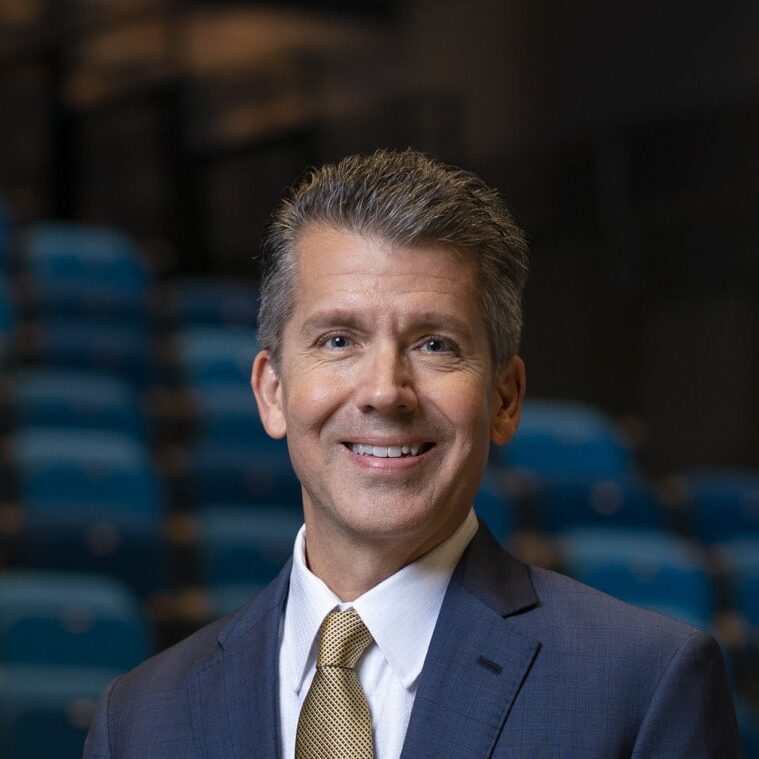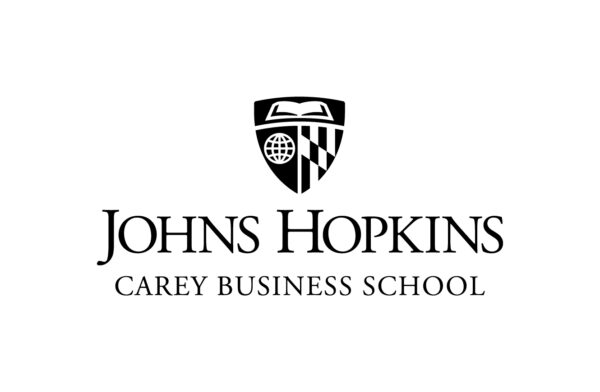About the event
This conference is designed to explore the intersection of firm strategy, ESG, and human capital from both an academic as well as practice perspective. The timing of this conference marks the five-year anniversary of the Business Roundtable, an association of top CEOs, in Washington, D.C. that formed a commitment to track ESG efforts in business. As we reflect on this movement to redefine success from financial shareholder primacy to a broader stakeholder perspective, we consider the progress with this call to address ESG in concert with the United Nation’s Sustainable Development Goals.
As firms work to address sustainability broadly, the human dimension proves to be fraught with challenges due to societal trends, political agendas, workforce challenges, labor constraints, and global operations.
Firms must manage a myriad of internal and external stakeholders, including consumers, suppliers, and broader communities. The human capital of a firm – whether embedded in the firm itself or part of a larger, globally dispersed supply chain – provides a critical intersection with the social actions of the firm. Beyond their immediate competitive concerns, firms are increasingly taking public positions on social issues, engaging and collaborating with NGOs, and leveraging their resources for social or humanitarian causes. Hence the focus on this conference and the theme: “Strategies for Sustainable Human Development,” as we consider internal human capital, external stakeholders, and society at large.

registration information
Registration for this conference is open!
Student Members: $600 USD
Regular & Emeritus Members: $700 USD
Non-Members: $800 USD
These registration rates are available until June 3, after which a late registration fee will apply.

Conference Location
The Special Conference will be held at the Johns Hopkins University Carey Business School’s Washington, D.C. location, in the Johns Hopkins University Bloomberg Center (555 Pennsylvania Ave. NW, Washington, D.C. 20001). There are more than a dozen hotels within 20 minutes walking-distance of the conference location that suit a variety of attendee needs and budgets. As there is no SMS room block for this conference, attendees should make bookings as needed at the hotel of their choice.
Agenda and Program
A Note from the Program Chairs: The conference opens on 19 June in Washington, D.C. – this is a national holiday in the USA called Juneteenth. It is a significant date in American history and the African American experience. The name is a play on the date of June 19th, 1865. On that day following the end of the US Civil War, the Union Army made its way into Galveston, TX under the leadership of General Gordon Granger, and he announced to the people of Texas that all enslaved African Americans were free. On this date, all people in the US became free. To help our SMS colleagues appreciate location and commemorate the day in the US Capitol, we are arranging a few afternoon tour attractions, including a US Capitol Building Tour, a tour of the Museum of US African American History and Culture, a visit to the USA National Archives, and Ford’s Theater. More info coming soon.
WEDNESDAY 19 June 2024
Optional Tours
Afternoon TBD
Conference Registration Opens
16:00
Networking Reception
17:00
THURSDAY 20 June 2024
Plenary Session and Welcome from Program Chairs
8:15
Round Table Feedback Sessions
9:30
Coffee Break
10:45
Competitive Program Sessions
11:15
Lunch
12:30
Competitive Program Sessions
13:30
Coffee Break
14:45
Competitive Program Sessions
15:15
Plenary Session and JHU Carey Business School Dean's Welcome
16:45
Networking Reception
17:45
FRIDAY 21 June 2024
Plenary Session
8:15
Competitive Program Sessions
9:30
Coffee Break
10:45
Competitive Program Sessions
11:15
Lunch
12:30
Competitive Program Sessions
13:15
Coffee Break
14:30
Track Chair Panel and Closing Remarks
14:45
Conference Theme
This conference is designed to explore the intersection of firm strategy, ESG, and human capital from both an academic as well as practice perspective. The timing of this conference marks the five-year anniversary of the Business Roundtable, an association of top CEOs, in Washington, D.C. that formed a commitment to track ESG efforts in business. As we reflect on this movement to redefine success from financial shareholder primacy to a broader stakeholder perspective, we consider the progress with this call to address ESG in concert with the United Nation’s Sustainable Development Goals. In fact, the UN SDGs are now used by hundreds of multinational companies to drive their ESG strategies.
Scholars and practitioners are increasingly focused on the environmental and especially the social performance of firms, and have developed new models, metrics, and performance indicators to chart this progress. They have explored the value and impact of ESG strategies for a wide range of stakeholders, including employees, investors, and communities. At the same time, questions have arisen about the authenticity and impact of these strategies, and whether economic, social and environmental goals are mutually compatible. Yet, firms continue to rely on the development and availability of human capital as resource for competitive advantage around the world.
As firms work to address sustainability broadly, the human dimension proves to be fraught with challenges due to societal trends, political agendas, workforce challenges, labor constraints, and global operations. Firms must manage a myriad of internal and external stakeholders, including consumers, suppliers, and broader communities. The human capital of a firm – whether embedded in the firm itself or part of a larger, globally dispersed supply chain – provides a critical intersection with the social actions of the firm. Beyond their immediate competitive concerns, firms are increasingly taking public positions on social issues, engaging and collaborating with NGOs, and leveraging their resources for social or humanitarian causes. Hence the focus on this conference and the theme: “Strategies for Sustainable Human Development,” as we consider internal human capital, external stakeholders, and society at large.
To advance this agenda, the conference will feature three tracks that focus, respectively, on Contributing to Societal Health and Community Well-being, Managing Firm Human Capital Sustainably, and Enabling Educational Institutions and Equitable Opportunity. These tracks reflect many of the critical issues and questions associated with strategies for human development and allow for the examination of specific topics that comprise the challenges of realizing a more sustainable future.
TRACKS
Conference program chairs
We are excited to invite you to join us for the SMS Special Conference in Washington, D.C., as we dive into “Strategies for Sustainable Human Development,” taking place June 19-21, 2024!
This special conference provides a unique opportunity for organizational leaders, policy makers, academics, and consultants to exchange ideas, discuss opportunities, explore research topics, and consider new questions related to strategic human capital, global human development, and commitments to ESG/sustainability goals.
The design of this special conference combines scholarly and practice perspectives on broad challenges with in-depth discussions within three tracks. Each of the tracks is mapped to UN Sustainable Development Goals with the intent of bringing organizational-, national-, and global-level perspectives into our discussions. With the unique backdrop of Washington, D.C. we are reminded of the importance of cross-sector collaboration as we challenge ourselves with multi-disciplinary perspectives, which will come to life with several distinguished plenary keynote and distinguished speakers, including Anita McGahan (University of Toronto) and Patrick Wright (University of South Carolina).
This SMS Special Conference will be hosted by Johns Hopkins University in their new location on Pennsylvania Avenue right along the National Mall in the heart of Washington, D.C.. This new location just opened in 2023 and sits between the US Capitol building and White House. Across the street, you will find the National Archives with the US Declaration, Bill of Rights, and other original documents on display. The entire area is surrounded by museums, landmarks, and vibrant activities, conveniently accessible through the city’s efficient public subway system (Metro). Hotels, restaurants, and Union railway station are all within a short walk of the conference.
As we convene for this conference, we also recognize and honor the significance of Juneteenth, a day of reflection and celebration of freedom and equality. This resonates well with our conference theme, highlighting the importance of sustainable human development for all. We are looking forward to seeing you and welcoming you to the SMS Special Conference in D.C. in June 2024!
Rick, Heli, Jonathan, and DK

Jonathan Doh
Villanova University
Jonathan Doh is Associate Dean of Research and Global Engagement, Rammrath Chair in International Business, Co-Faculty Director of the Center for Global Leadership, and Professor of Management at the Villanova School of Business. He teaches and does research at the intersection of international business, strategic management, and corporate sustainability. Previously, he was on the faculty of American and Georgetown Universities and a trade official with the U.S. Government. He is author or co-author of more than 95 refereed articles, 35 chapters, a dozen teaching cases and simulations, and eight books. His articles have appeared in AMR, JIBS, JOM, JMS. MISQ, OS, and SMJ, among others, and his books have been published by Cambridge, Oxford, and Yale University presses, He is co-author of the best-selling international management text. He was Editor- in-Chief of Journal of World Business from 2014-2018 and General Editor for Journal of Management Studies from 2020-2022. He is currently Editor (Sustainability) at JIBS. He is a fellow of AOM and AIB, and ranked 298 out of 44,945 business management scholars globally, placing him among the top .65%. He participated as an instructor in more than 100 executive education programs for companies fomr Africa, Asia, Europe and the Americas. He holds a Ph.D. from George Washington University.

DK Kryscynski
Rutgers University
David Kryscynski (PhD Emory University) is an Associate Professor of Human Resources at the Rutgers University School of Management and Labor Relations. His research explores how companies can realize competitive advantages through people. He seeks to systematically challenge assumptions in strategy theories that are inconsistent with the rich models of human behavior we find in the vast body of organizational behavior research. Accordingly, he draws upon organizational behavior and HR literatures in order to advance the richness of strategy theory. His recent work considers the ways that human capital perspectives enhance and expand the stakeholder perspective in strategy. His published work can be found in the Academy of Management Review, Journal of Management, Strategic Management Journal, Management Science, Academy of Management Perspectives, Academy of Management Journal, and others. DK also consults with companies seeking to better align their internal human capital strategies with customer demands.

Richard Smith
Johns Hopkins University
Rick is a Professor at Johns Hopkins University where he serves as the Faculty Director of the Human Capital Development Lab and Executive Advisor to the Dean of the Carey Business School, where he also served as a Vice Dean. Prior to joining Hopkins, he was Deputy Dean of Singapore Management University and a Professor of Strategic Management. Before joining academia on a full-time basis, Rick spent more than 30 years in business, primarily in the consulting industry as a senior partner with a global firm. During his business career, Rick has had the opportunity to live and work in Asia, Europe, and America with more than 15 years in the growth markets of China, Singapore, India, and Indonesia. In addition to his work with global firms, he also served as the CEO of a start-up in China and has supported several entrepreneurial ventures. Underpinning Rick’s research and teaching interests is the focus on human capital as a strategic resource for competitive advantage. As a frequent guest speaker and executive education instructor, Rick is the proud recipient of numerous teaching awards. Rick’s work on cross-border leadership and recent book, Strategic Human Capital Development in Asia: Building Ecosystems for Business Growth, created media attention as featured on CNBC’s ‘Squawk Box’ and ‘Talk Asia.’ His work also includes a critical review of the education industry, which led to his book, Rethinking the Business Models of Business Schools.

Heli Wang
Singapore Management University
Heli Wang is Janice Bellace Professor of Strategic Management of the Strategy & Entrepreneurship group at Singapore Management University. She received a Ph.D. in Strategic Management from the Ohio State University. Prior to joining SMU, she was an assistant and then associate professor at Hong Kong University of Science and Technology. Her research focuses on the resource-based view of the firm, strategic human capital, stakeholder management, and corporate social responsibility. She has previously served as a consulting editor of Management Organization Review and an associate editor of Academy of Management Journal and Academy of Management Review.
SPONSOR and host

watch to learn more about the conference theme
Frequently asked questions
Whether you are new to SMS Conferences or have attended many, you’ll find useful information to help you prepare for your conference experience in the FAQ. Be sure to check back, as this content is updated as new information becomes available.



